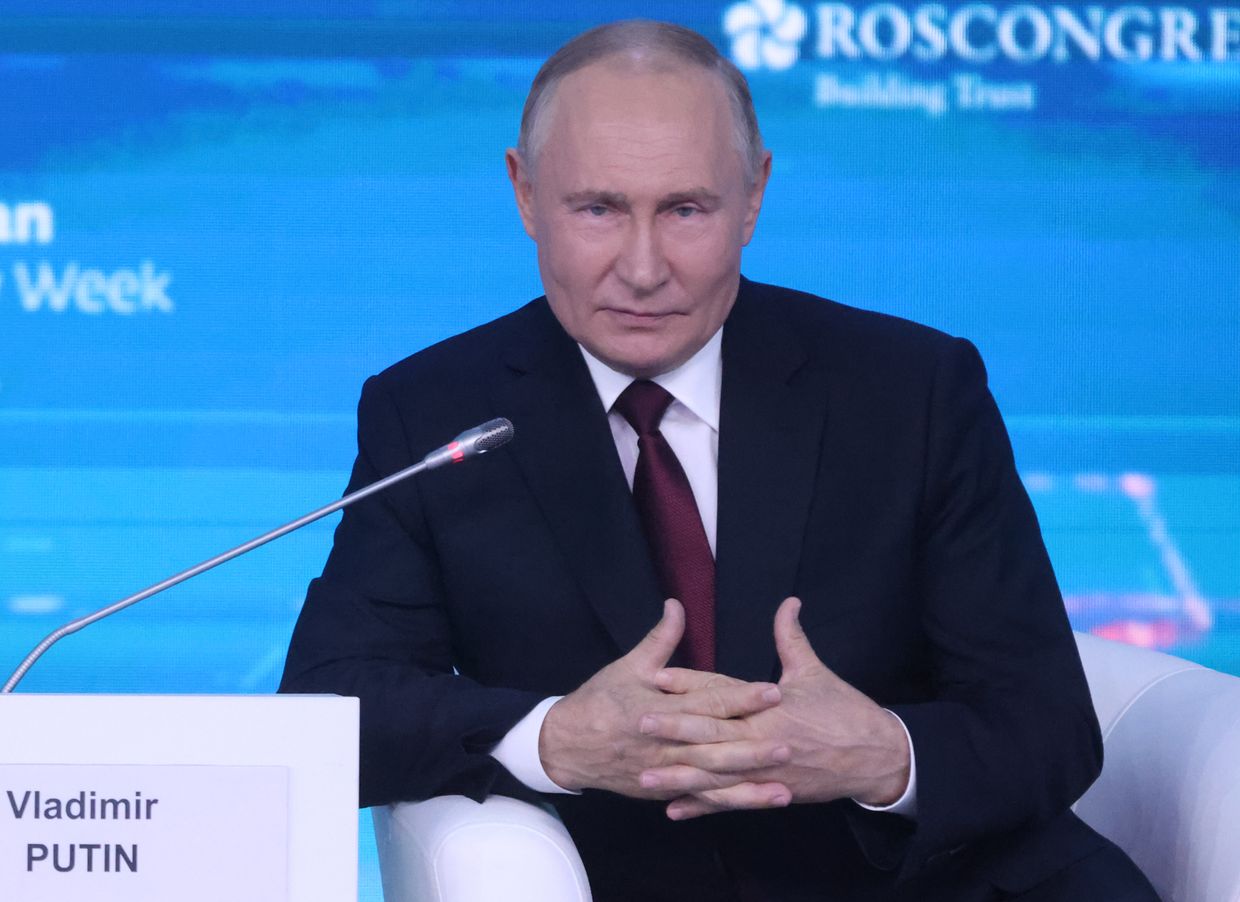Unilever concludes sale of Russian, Belarusian business to local firm.
Unilever concluded the sale of its business and four factories in Russia and Belarus for an undisclosed amount to Arnest Group, a Russian manufacturer, the company announced on Oct.
10. "The completion of the sale ends Unilever Russia's presence in the country," the company said in a press release. Unilever is one of the world's leading suppliers of food, personal- and home care products.
It owns over 400 brands and sells products in more than 190 countries, including Ukraine. Russia's Arnest Group earlier acquired Heineken's Russian business for the symbolic sum of one euro. According to sources cited by the Russian pro-state outlet RBK, its assets in Russia were valued at around 35-40 billion roubles (£393-£449 million), as opposed to Unilever's own valuation of 600 million euros (£663 million).
Reuters reports that the Kremlin is insisting on a minimum 50% discount on exit deals involving companies from countries that have imposed sanctions on Russia. Unilever faced criticism earlier and was placed on the list of "international sponsors of the war" by Ukraine's National Corruption Prevention Agency (NACP) for not exiting Russia until now, despite promises to suspend imports and exports of its products to and from Russia at the beginning of the full-scale invasion of Ukraine. The International Sponsors of War list, launched in the summer of 2022, is an initiative that seeks to turn public opinion against multinationals that stay in Russia and use public pressure to incentivize withdrawal.
According to the agency, Unilever paid about £50 million in taxes to the Russian state budget in 2022, with its profit increasing from £61 million in 2021 to more than £117 million by 2022.
Opinion: Putin's economic gamble is a ticking time bomb for Russia's future
Two and a half years after Russian President Vladimir Putin ordered a full-scale invasion of Ukraine, the Russian economy seems like a riddle wrapped in an enigma of competing narratives.
If you want to argue that the economy has been hobbled by Western sanctions, by the Kremlin's prioritizing of
